|
Both the Catalan nationalists, and their Spanish nationalist opponents, lack a broad strategic vision
The campaign for Thursday’s elections in Catalonia has been depressingly symptomatic of two dangerous and interlinked contemporary tendencies in western democracies. One is the prevalence of tactics over strategy, and the other is the preference for slogans over substance. Twitter is the ideal, and toxic, medium for this debased political culture. Calling snap elections in the region was an uncharacteristically clever tactical move by the lugubrious Spanish prime minister, Mariano Rajoy. For years, his only response to the accelerating momentum of the Catalan independence movement had been obtuse immobility. He had hidden from the challenge of engaging with change behind the 1978 constitution, which had been forged under intense pressure from the heirs of the Franco dictatorship. This was a disastrous strategic failure, but it was tactically beneficial to his conservative Partido Popular (PP) in the rest of the country. It played on a barely dormant nostalgia for authoritarian Spanish nationalism, and diverted attention from the corruption scandals in which the ruling party is mired. This article appeared in The Irish Times on 21 December, 2017. Read the whole piece here
0 Comments
Five regular hikers, Olivia O'Leary, Liam Lysaght, Sinéad O'Brian, Mark Boyden and David Staunton -- share the joys, and pains, of their favourite riverside walking routes We have been drawn to rivers since long before the dawn of history. We were attracted to watercourses for their obvious and essential gifts of food and rapid transport, which made them favoured sites for settlements. But perhaps we were also drawn to them for many less tangible but still vital benefits, so that we continue to delight in walking alongside, or kayaking within, their flowing waters today. Ireland’s exceptional river wealth is rightly celebrated, from the feisty mountain trout streams that inspired WB Yeats’s “wise and simple” fisherman, to the majesty of the Liffey, reflecting the lives of myriad Dubliners in the work of James Joyce. Our rivers often retain fragments of natural beauty lost in surrounding agricultural and urban intensification. Yet they are also inevitable conduits for the detritus of the catchments they drain, barometers of the health or sickness of our landscapes. So a riverside walk can be a source of both pleasure and pain to the observant walker or kayaker, as is evident from these reflections by five people who spend a lot of time down by the river. This article first appeared in The Irish Times on 9 December 2017. Read the full piece here. When asked why he wanted to climb Everest, George Mallory reportedly replied: “Because it’s there”.
Asked why she has taken on the almost equally daunting challenge of clearing the rubbish from her local beaches, and from the sea beyond them, 10-year-old Flossie Donnelly takes a similar approach: “I go crabbing in rock pools in Sandycove with my mummy and we see rubbish and we pick it up. I go swimming and see rubbish in the sea, so I dive and take it out.” She first became aware of rubbish in the sea when kayaking in Thailand. “It’s a beautiful country, but there is an awful lot of plastic in the water. We filled a whole kayak with rubbish on our first day out. I hate to see the same thing building up in Ireland, so I want to help stop it.” This article appeared in The Irish Times on 4 December, 2017. Read full version here. I gave the keynote address on alien invasive plant management at the very well attended Lower Hudson PRISM Summit on 3 November. You can see a video of the presentation, and the whole summit, here.
In summary, I argued that the poorly conceived 'novel ecosystem' theory has led to the popular notion that 'invasive plants will save nature' (Fred Pearce). This is scientifically false and undermines sound conservation policy; but I also argued that 'removal alone is not enough' , that ecological restoration is the best way to cope with the challenge, and that the new International Standards published by SER provide the best restoration guidance currently available. There are two particularly troubling aspects to the ongoing crisis in Spain over the status of Catalonia.
The first is the re-emergence of what the Spanish call pensamiento único, or monolithic thinking, throughout the Madrid media. You can hardly find a single voice, with the very honourable exception of Iñaki Gabilondo’s video commentaries in El Pais, that demurs from the sole acceptable political line: the only cause of the crisis is the refusal by ornery Catalans to accept the constitution and the rule of law. A similar media orthodoxy ruled for many years regarding the Basque conflict. The circumstances today in Catalonia are, mercifully, very different. But the effect is the same: a blocking of the kind of open discourse that might resolve the conflict. Instead, messy and plural complexities are repeatedly reduced in Madrid to a comforting binary simplicity that Orwell might have appreciated: “Constitution good, Catalan nationalism bad.” This article appeared in The Irish Times on 20 November, 2017. Read it here. A native oak woodland in process of restoration -- Ballygannon People's Millennium Forest, Avonmore Valley, Co Wicklow. Photo: Paddy Woodworth “Forest” may be a rather overblown word for most of our woodlands. Ireland has the sad distinction of being the least forested state in the EU, with only 10 per cent woodland cover. Only one tenth of that lies under diverse native broadleaf trees; the rest is monocultural conifer plantation.
Caoine Cill Cháis, with its haunting lines evoking lost “hazel, holly and berry”, is still sometimes quoted to blame our colonisers as the sole culprits for deforestation. But we have been clearing trees since the Stone Age; and we were still destroying priceless remnants of ancient forests decades after independence. Happily, public opinion today has a much greater appreciation of the ecological, health and social benefits of native woodlands, and the rich pleasures of walking under varied and seasonally changing woodland canopies. This article appeared in The Irish Times on 11 November, 2017. Read it here. It’s natural to think of winter in Ireland as the season when nature pulls down the blinds. Light fades, leaves fall, vegetation withers and swallows fly south. Natural, but quite wrong for birds. This is the time of maximum abundance for waterfowl – swans, geese and ducks – and spectacular wading birds like curlew and sandpipers.
And these species are remarkably easy to see at almost any estuary, often very near our cities. You can see both wildfowl and waders in very large numbers at the North Bull Island in Dublin, for example, and from half a dozen sites in the Cork Harbour area. Winter is also the time when some of our largest and most dramatic birds of prey roost together in quite large numbers, sometimes with elaborate pre-roosting flight displays, or are more easily spotted while hunting than in the summer. This article appeared in The Irish Times on 10 October, 2017. Access full article and images here. The spectre of the Franco dictatorship has quietly haunted Spain since his death 42 years ago next month. His legacy loomed over the Spanish-Catalan crisis long before many claimed to see the old general’s ghost in Barcelona two weeks ago, inspiring the Spanish police to assault Catalan voters at polling booths.
Undoubtedly some recent accusations from Catalan nationalists (and the Spanish left) about the return of Francoism have been outrageously exaggerated. Franco’s police were, routinely, infinitely more savage than their counterparts in Catalonia on October 1st. But dog whistles from conservatives in Madrid, attuned to Francoist nostalgia among their voters, have also inflamed the Catalan bonfire. Last week, a government spokesman appeared to threaten the Catalan leader, Carles Puigdemont, with the same fate as Lluís Companys. The latter was a democratic leader, tortured and executed by the Francoists in 1940. And the roots of the current Catalan crisis can be traced back to flaws in the transition from the Franco dictatorship in the late 1970s. This article was published in The Irish Times on 14 October, 2017; for full text click link below. The relationship between industrial production and the environment has very rarely been a happy one. So it comes as an agreeable surprise to find that an international manufacturing company, Intel Ireland, seems to have an active interest in protecting, and even restoring, biodiversity not only on its own site, but in the nearby communities of Leixlip, Celbridge and Maynooth, and even further afield. “We would love to create a situation in which every employee becomes an advocate for biodiversity,” says Mark Rutherford, the company’s environmental health and safety manager. This does sound too good to be true. How authentic is this commitment? How much of it is simply the familiar PR effort to put a new green sheen on the same old degrading and destructive industrial practices? This article appeared in The Irish Times on 14 October, 2017. For full text, click link below Analysis: The monarch offered no olive branches, only the threat of a bigger stick
This article was published in The Irish Times on 4 October 2017 The restored Spanish monarchy has been warmly supported in the past by many democrats, and even by some republicans, for one very simple reason. They have long believed it is the only glue capable of bonding the fractious national project called Spain after the long dictatorship of Gen Franco. According to this view, King Juan Carlos, although the dictator’s designated heir, skilfully steered the country towards democracy in the late 1970s. He presented himself as democracy’s front-line defender during the attempted military coup of 1981, when he talked his insurgent military commanders back to barracks. By the time of the king’s abdication, three years ago, his image had been tarnished by his extravagant private life, which contrasted sharply with the austerity suffered by so many citizens. But many Spaniards invested high hopes in his son, Felipe VI. Indeed, some polls showed a public willingness to entrust him with more powers, to forge consensus among Spain’s increasingly polarised and fragmented political parties. He now faces the severest test of the monarchy’s unifying role, as the rapidly escalating crisis in Catalonia threatens to break up the Spanish nation state. |
Articles & BlogArticles on the environment; Spanish, Catalan and Basque politics; travel; culture; and other subjects; interspersed with personal reflections and images Archives
October 2022
Categories
All
|
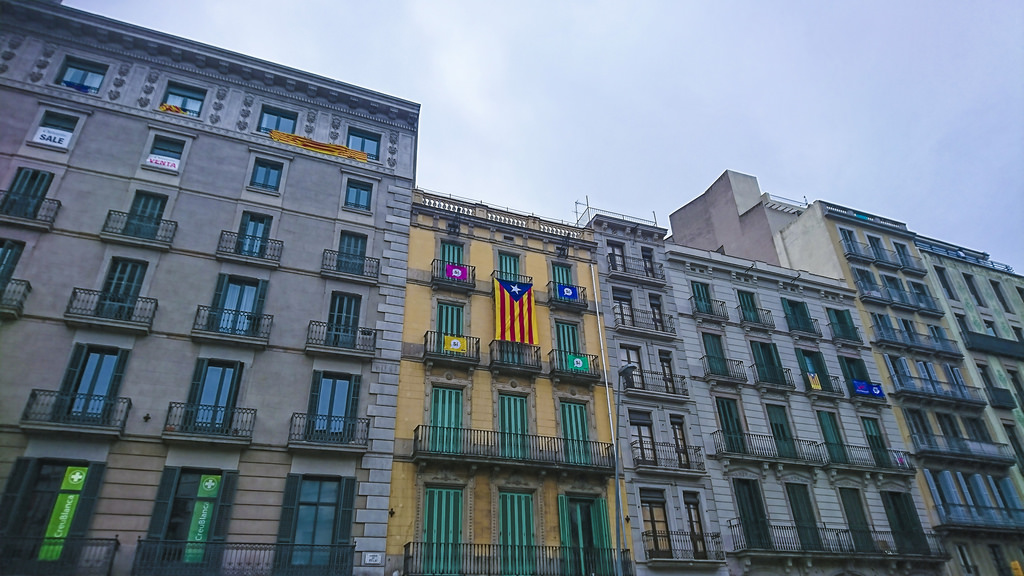
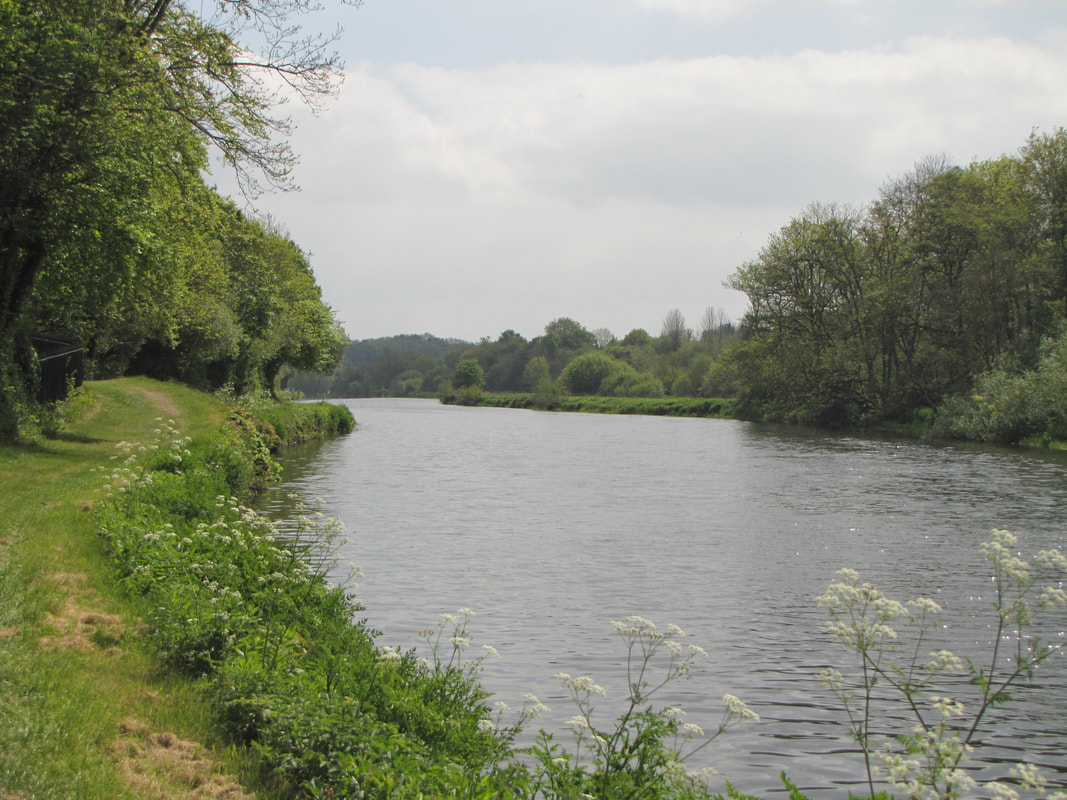

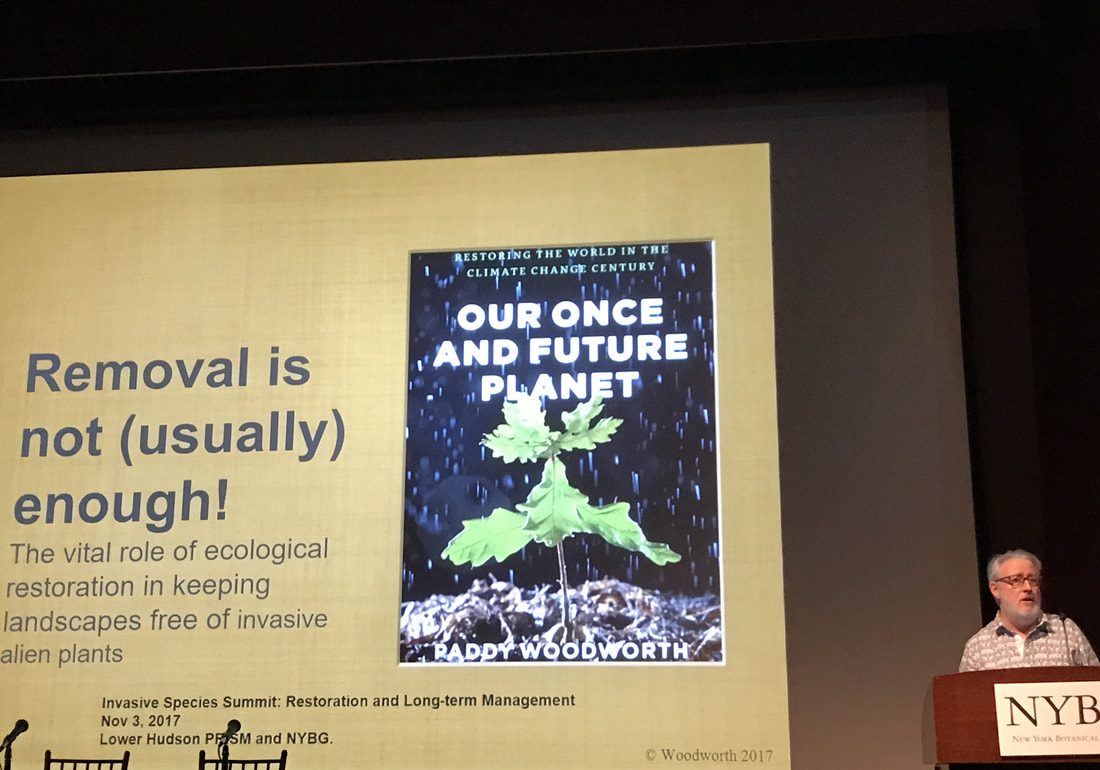
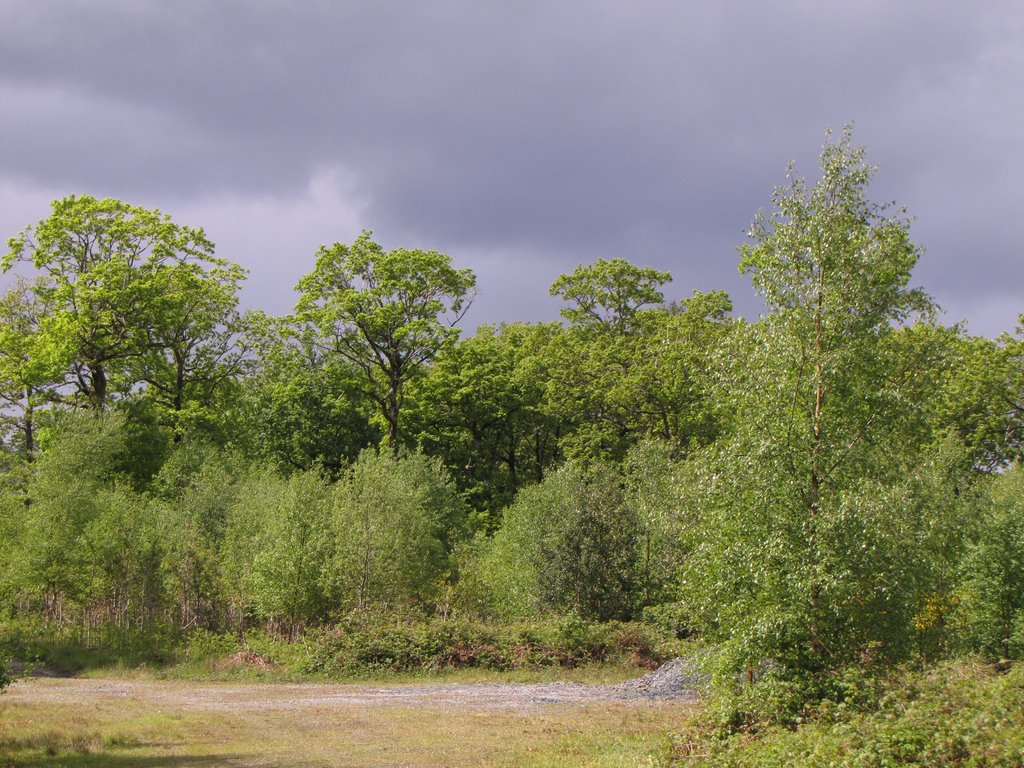
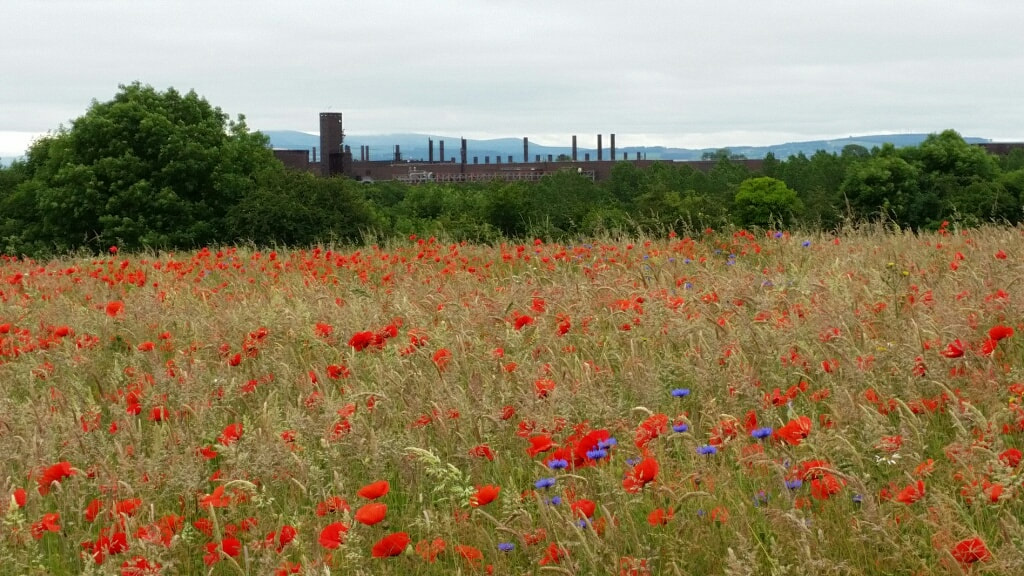
 RSS Feed
RSS Feed